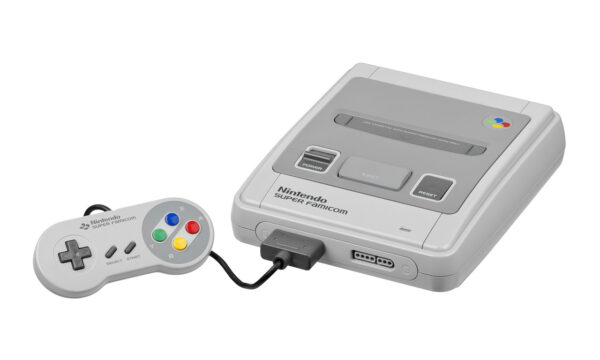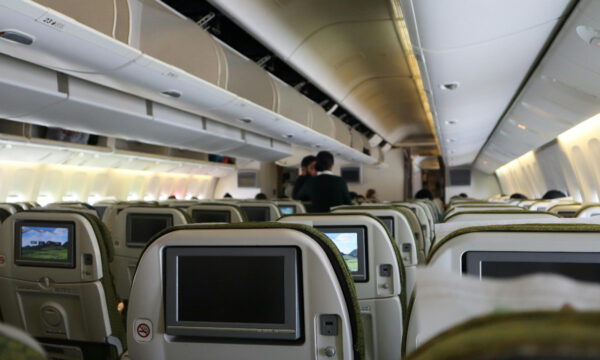The integration of mobile gaming in London’s commute culture

In London, the daily commute has long been a defining aspect of urban life. As trains and buses weave through the city’s intricate networks, passengers seek solace in various forms of entertainment to make their journeys more enjoyable. In recent years, mobile gaming has emerged as a dominant pastime among London commuters, transforming idle travel time into engaging and interactive experiences.
The rise of mobile gaming among commuters
The ubiquity of smartphones has revolutionised the way Londoners spend their commuting hours. Gone are the days when newspapers and books were the sole companions of travellers. Today, a significant portion of commuters turn to mobile games to pass the time, engage their minds, and even connect with others virtually. According to a report by Uswitch, in 2023, over a third (34%) of gamers in the UK identified their phone as their primary gaming device.
This shift can be attributed to several factors, including the convenience of mobile devices, the vast array of available games, and the ability to play in short bursts – perfectly aligning with the average duration of a commute. Whether it’s a quick puzzle, a strategic challenge, or an immersive narrative, mobile games offer a diverse range of experiences tailored to individual preferences.
Online gaming has carved out a niche within the commuter entertainment landscape. These games, ranging from quick-play puzzles to immersive digital card battles, offer a blend of skill and excitement that appeals to a broad spectrum of players. Recently, new gaming platforms, and even non GamStop casinos, have gained traction among users looking for fresh and dynamic experiences. With a wide variety of titles and seamless mobile access, these platforms cater to players who enjoy staying entertained on the move. The convenience of dipping into a game during short breaks or travel time has made them a popular choice for adding a spark of fun to the daily routine.
Popular genres captivating commuters
London’s diverse commuter demographic has led to a wide variety of gaming preferences. Casual games, such as puzzles and word challenges, remain perennial favourites due to their easy-to-pick-up nature and short play sessions. Strategy games also hold significant appeal, offering players a chance to engage in more complex tasks that can be paused and resumed in sync with their travel schedules.
Beyond casual and strategy games, a surprising trend is emerging: the rise of online gaming platforms has introduced genres traditionally associated with desktop or console gaming into the mobile sphere. For instance, multiplayer online battle arenas (MOBAs) and role-playing games (RPGs) have found a substantial audience among commuters seeking deeper engagement during their journeys.
The role of game design in commuter appeal
Game developers increasingly tailor experiences to fit the lifestyle of on-the-go players. Features like offline play, short session design, and intuitive controls make mobile games ideal for transit use. This commuter-conscious design helps games remain accessible, entertaining, and low-commitment, perfect for the unpredictable rhythms of city travel and the varied attention spans of daily commuters.
Social dynamics and community building
Mobile gaming during commutes isn’t solely an individual endeavour. Many games incorporate social features, enabling players to connect with friends, join teams, or compete against others worldwide. This social aspect adds a layer of community and interaction, transforming solitary travel time into an opportunity for social engagement.
Moreover, the shared experience of playing popular games can foster conversations and connections among commuters, bridging the gap between virtual and real-world interactions. This phenomenon underscores the evolving nature of socialisation in the digital age, where virtual communities can have tangible impacts on daily life.
Challenges and considerations
While mobile gaming offers numerous benefits, it’s not without its challenges. Issues such as data consumption, battery life, and the potential for distraction are pertinent concerns for commuters. Additionally, the immersive nature of some games may lead to decreased awareness of one’s surroundings, posing safety risks in public spaces.
The future of commuter gaming in london
As technology continues to advance, the landscape of mobile gaming is poised for further evolution. Developments in augmented reality (AR) and virtual reality (VR) may soon offer commuters even more immersive experiences, blurring the lines between the digital and physical worlds. Additionally, the rollout of 5G networks promises faster and more reliable connections, enhancing the quality of online gaming on-the-go.
For London commuters, these advancements herald a future where travel time can be transformed into rich, engaging, and socially connected experiences. As mobile gaming continues to integrate into the fabric of daily life, it will undoubtedly play a significant role in shaping the rhythms and routines of the city’s commuters.
Conclusion
The rise of mobile gaming among London commuters reflects broader trends in technology and entertainment. As the city moves forward, the fusion of mobility and digital engagement will remain a defining feature of the urban experience, offering both opportunities and challenges for the millions who navigate London’s transit systems each day.
The editorial unit
























Facebook
Twitter
Instagram
YouTube
RSS